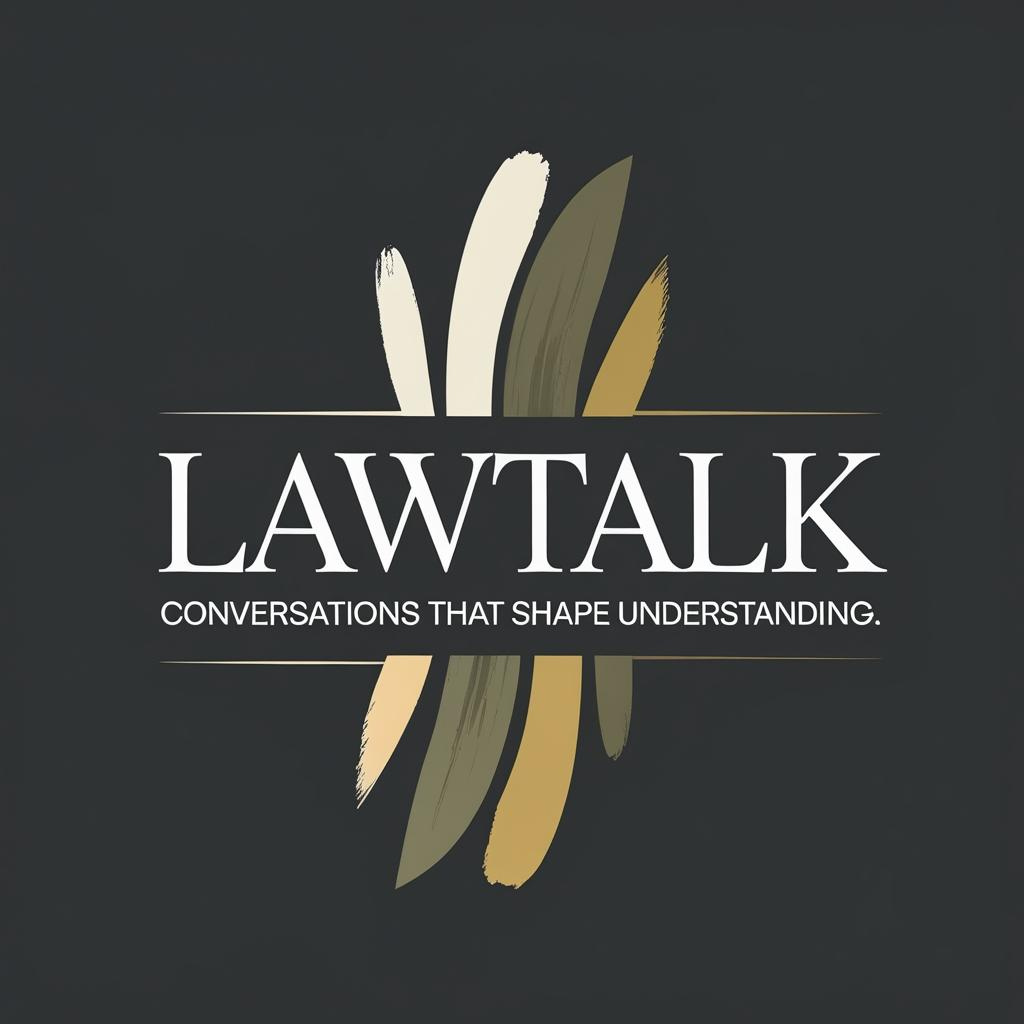Op-Ed: The Troubling Legacy of Anti-Vaxxer Andrew Wakefield
The year was 1998, and The Lancet, a weekly peer-reviewed general medical journal, had just published a paper by Dr. Andrew Wakefield and 12 of his colleagues about the Measles, Mumps, and Rubella (MMR) vaccine. Wakefield suggested that there could have been a link between the vaccine and autism.
Wakefield claimed that getting vaccinated could progressively give a child autism. This paper caused dogmas around the theoretical connection between autism and the vaccine. However, the issue is that Wakefield never came to a proper conclusion in his report. In the last paragraph, he states, “Further investigations are needed to examine this syndrome and its possible relation to this vaccine.”
While Wakefield was never able to prove his theory in his paper, he, unfortunately, convinced parents all across the United Kingdom to believe him. That caused uproars and protests against the MMR vaccine, leading to many scientists spending time and money just to prove that Wakefield was incorrect. However, Andrew Wakefield told concerned parents precisely what they wanted to hear. He told them how dangerous he thought the vaccine could be.
Wakefield was eventually funded by concerned parents that did not trust the vaccine. He told the parents everything they suspected, even if there was no proof to back him up. The parents started to trust Wakefield, which caused an uproar against the MMR vaccine. Protests and riots were common in the 2000s in England. Wakefield lied about important data to persuade these parents into trusting him.
But this was not the end of Wakefield’s impact on modern science. For over a decade, Andrew Wakefield’s paper had many firm believers, but doubt started to grow. From 2002 to 2004, studies were published in the BMJ about how there was no link found between the MMR vaccine and autism. It was January 2010 when Wakefield was revealed to have conducted invasive and unnecessary tests on children. Days after this breakthrough, the Lancet retracted his paper.
Wakefield’s aftermath left the reputation of the MMR vaccine and many other vaccines in a very dark place among much of the public. In fact, thousands still believe Wakefield’s studies, though many elements of them have been proven false. Without question, Wakefield served as one of the major catalysts for the modern belief against the vaccine.
However, too many respect Wakefield’s reputation and recognize his study as fact.
These actions can even tie back to our recent pandemic. There is a lot of vaccine hesitancy in the United Kingdom, and I am sure it is partly due to Wakefield. Vaccine hesitancy is all over the world, not just in Britain.
Take it from my classmate Polly Zimmerman ’25, who said that “it depends on where you are, places like urban areas might have more pro-vax people, and more rural areas would have more anti-vax, just based on the spacing between human life. They wouldn’t see it as necessary,” Zimmerman said.
Geographical location can have a dramatic effect on an area’s vaccination rate. Unfortunately, many millions of people are still unvaccinated, and most of them have made that choice because of misinformation spread by people like Wakefield. I guarantee there will be more people like him in the future, and the problem is that many people will trust them.
























































